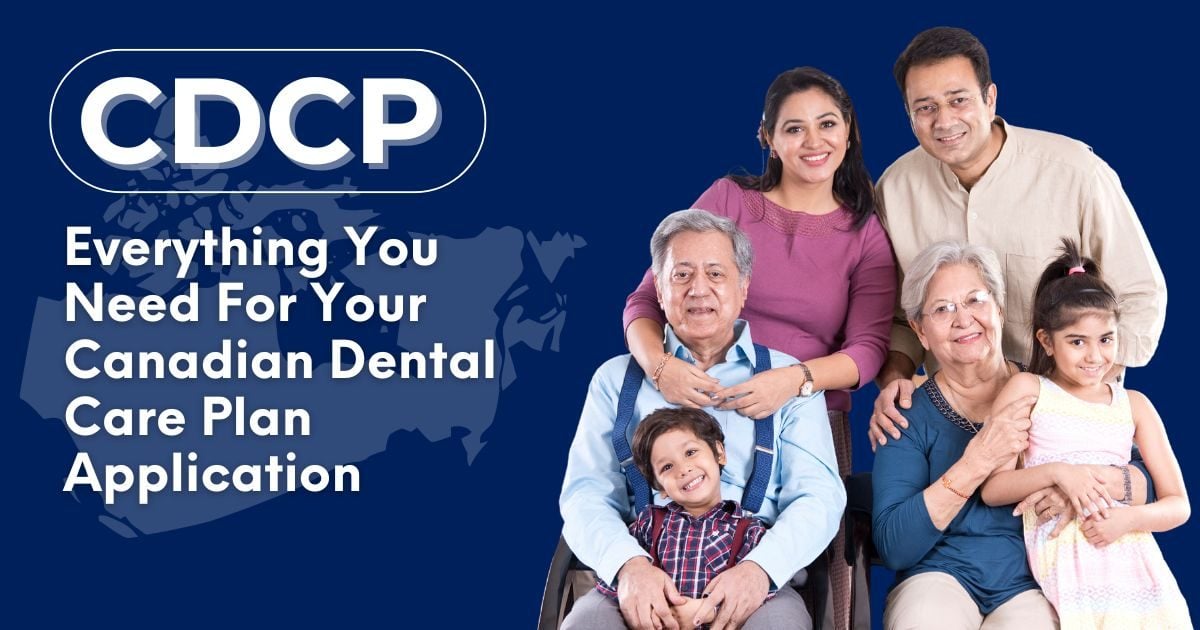As we get older, our bodies go through various changes which can sometimes lead to new health issues. The same situation happens in your mouth, although many people are not aware of differences in their oral health until something drastic has happened. This is why we’ve written down all the things changing in your mouth that you should be aware of as you age.
Wearing down enamel
All the chewing, grinding, and hard impact that your teeth are put through over the years can take a real toll on their health. Not to mention any breakages, chips, or other trauma your teeth may have been exposed to which may result in even worse consequences down the line. Over time your teeth are gradually worn down from continued use or from damage, and this erosion diminishes the hard protective outer layer of teeth – the enamel – which cannot be naturally regained once it’s lost.
To combat enamel loss, be aware of habits that may be speeding up damage done to your teeth and try to stop them as soon as possible. These habits included chewing ice or other hard things like pens and pencils, grinding your teeth, clenching your jaw, and playing high impact sports without an athletic mouthguard. If you are prone to unconscious teeth grinding or clenching, ask your dentist about being fitted for a mouthguard you can wear while sleeping to protect your teeth. Frequent consumption of highly acidic foods such as fruit juices, citrus fruits, coffee, and soft drinks is also a culprit for enamel erosion as the acids eat away at the protective layer. Try to substitute water for acidic beverages and brush your teeth 30 minutes or so after consuming acidic foods to stop the acids from attacking your teeth before they can start. Since the acids weaken enamel, waiting before brushing is important to avoid causing extra harm.
Dry mouth
Many people find that as they get older, their mouth tends to dry out, either naturally or due to certain medications they take. Saliva is essential in oral care as it helps to wash away food particles and bacteria. Without this cleansing action, the amount of bacteria-related issues and infections you can get increases exponentially. Saliva also keeps the soft tissues of your mouth, such as your tongue and gums, happy and healthy. When your mouth becomes too dry, these tissues can get very irritated, swollen, and can sometimes get wounds or infections. If you experience dry mouth and suspect it is the side effect of a medication you are taking, speak with your medical practitioner about the issue. If your mouth is dry naturally, make sure to drink water regularly throughout the day and, when you take a drink, try to hold the water in your mouth for a few seconds to help wet the soft tissues before swishing it around a couple of times to rinse away any loose plaque and bacteria. Dry Mouth? Here’s What You Can Do!
Decline of gum health
Your gums are extremely important to the overall health of your mouth as they provide sturdy anchoring for your teeth and provide a protective barrier against oral bacteria entering the body. Over time, your gums can be exposed to damage in various ways and, without proper care, can grow weak and possibly diseased. Smoking, especially over a prolonged period of time, is a major threat to gum health as it decreases your immune system’s ability to fight infection. This means that the protective barrier that gums provide is affected and can not battle against infection as easily. This can lead to gingivitis, gum disease, and other issues that can put your oral and overall health at serious risk.
To protect your gums over the years, avoid smoking altogether. Gum disease can become more prevalent as you age, especially if you have not been carrying out a vigilant teeth cleaning regime. Brushing with fluoridated toothpaste twice each day and flossing at least one a day are considered essential practice to carry on throughout your lifetime in the fight against plaque, tartar, and bacteria buildup that naturally forms in your mouth every day. If left uncleaned, this plaque, tartar, and bacteria can grow to unmanageable levels and lead to infection, tooth decay, and gum disease, all of which require serious care from a dental professional. Leaving gums wounds, inflammation, or bleeding to fester or go unchecked is another way to compromise your oral health. If something doesn’t feel right, always make an appointment for a checkup with your dentist right away.
Increased risk of oral cancer
As is the case with many types of cancer, the risk of getting oral cancer increases with age. According to the Cancer Treatment Centers of America, most people diagnosed with oral cancers are over the age of 55, and men historically have been twice as likely to get it as women. Age is not the only risk factor associated with oral cancers; smoking, using tobacco products, infections associated with HPV, alcohol abuse, and other factors often play a role in developing various kinds of cancer.
Taking all of this into account, it’s important to regularly visit your dentist as grow older, ideally making more frequent visits after the age of 50, or at least as often as recommended by your dental professional. We also recommend regular oral cancer screenings, which are totally painless and super fast. If you notice any bumps, lesions, have issues swallowing, or any other concerns, be sure to mention it to your dentist as soon as possible.




 December is finally here, and if you’re not already hyped about the holidays, you’re about to […]
December is finally here, and if you’re not already hyped about the holidays, you’re about to […]

